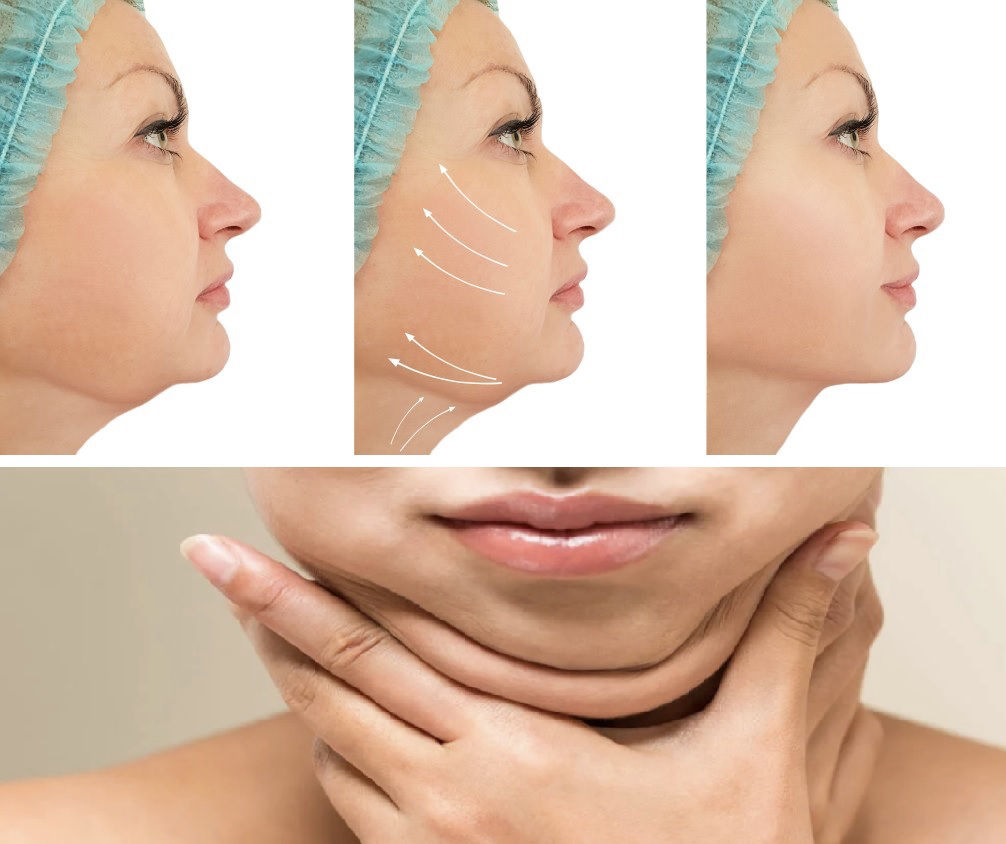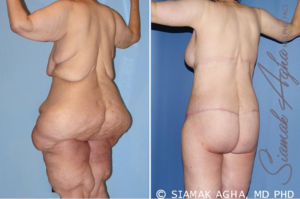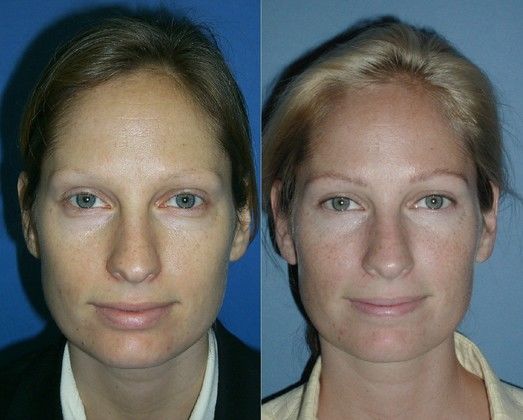
You may be considering a autologous tissue breast reconstruction if you're thinking about getting a breast-implant after radiation. This involves transferring excess abdominal tissue to the chest and using the specialized microsurgery techniques. This procedure is performed only by double-board-certified surgeons who have been fellowship trained in the field.
Complications can occur
Complications associated with radiation treatment can significantly impact the results of breast implant surgery. Patients may need to undergo multiple procedures before achieving satisfactory results. Breast implants may need to be removed in severe cases. Other complications can include hematoma, an accumulation of blood near the surgical site. This can lead to swelling and bruising as well as pain. If the patient has had a prior infection or seroma, this complication is likely to happen. The doctor may have to perform a reoperation in order to treat the problem.
Implant contracture or asymmetry is another risk that radiation treatment can pose. This is often caused by muscle. A revision surgery may be necessary in order to correct the problem. Before the surgery, the surgeon will measure the contracted superior contour and the desired superior contour. This is usually two to four centimeters lower than the contracted pole contour. The final breast should be the same as the contralateral, non irradiated breast.

Impact on quality-of-life
Research into breast cancer is continuing to explore the impact radiation and breast-implant placements on quality life. It is becoming more clear that patients who combine the two procedures are better able to enjoy a higher quality of living and a better cosmetic outcome. The best approach to each procedure is still under debate. The best approach for patients can be determined by research.
Modern surgery and radiation therapy may reduce the chances of breast carcinoma recurrences. With modern treatments, the recurrence rate is 5% to 7% after ten years, and 6% to 7% after 20 years. However, breast cancer survivors who undergo radiation therapy also face the risk of recurrence of the tumor, which significantly increases the likelihood of complications.
Complications
Women who have undergone breast implants and radiation therapy face several risks. These risks include a decrease of breast elasticity and firmness. Radiation damages the microvascular circulation and reduces blood flow. These side effects are permanent. Radiation therapy can also cause inflammation in your lungs. This can cause shortness or dry cough.
Researchers examined the complication rates in patients who received breast implants and radiation surgery. Patients who had radiation and breast implants were found to have at least one complication. This is more than the rate of patients who only had implants and had undergone autologous reconstructive surgery. However, the overall complication rates were comparable.

The treatment options
The treatment options for radiation-induced breast cancer and breast implants include autologous tissue transfer and breast reconstruction. The latter approach involves transferring excess skin and fat from the abdomen or back to the chest. This approach improves quality of the chest walls tissues and uses patient's own blood supply. Although the procedure may take longer, it can have fewer complications.
There are many risks involved in breast implantation surgery. You must choose the right treatment option to ensure your comfort, overall health, and well-being. Radiation can cause scarring and hardening to breast implants. This can result in a less appealing cosmetic result. It can also cause chronic pain. It is common to recommend breast reconstruction after radiation therapy.